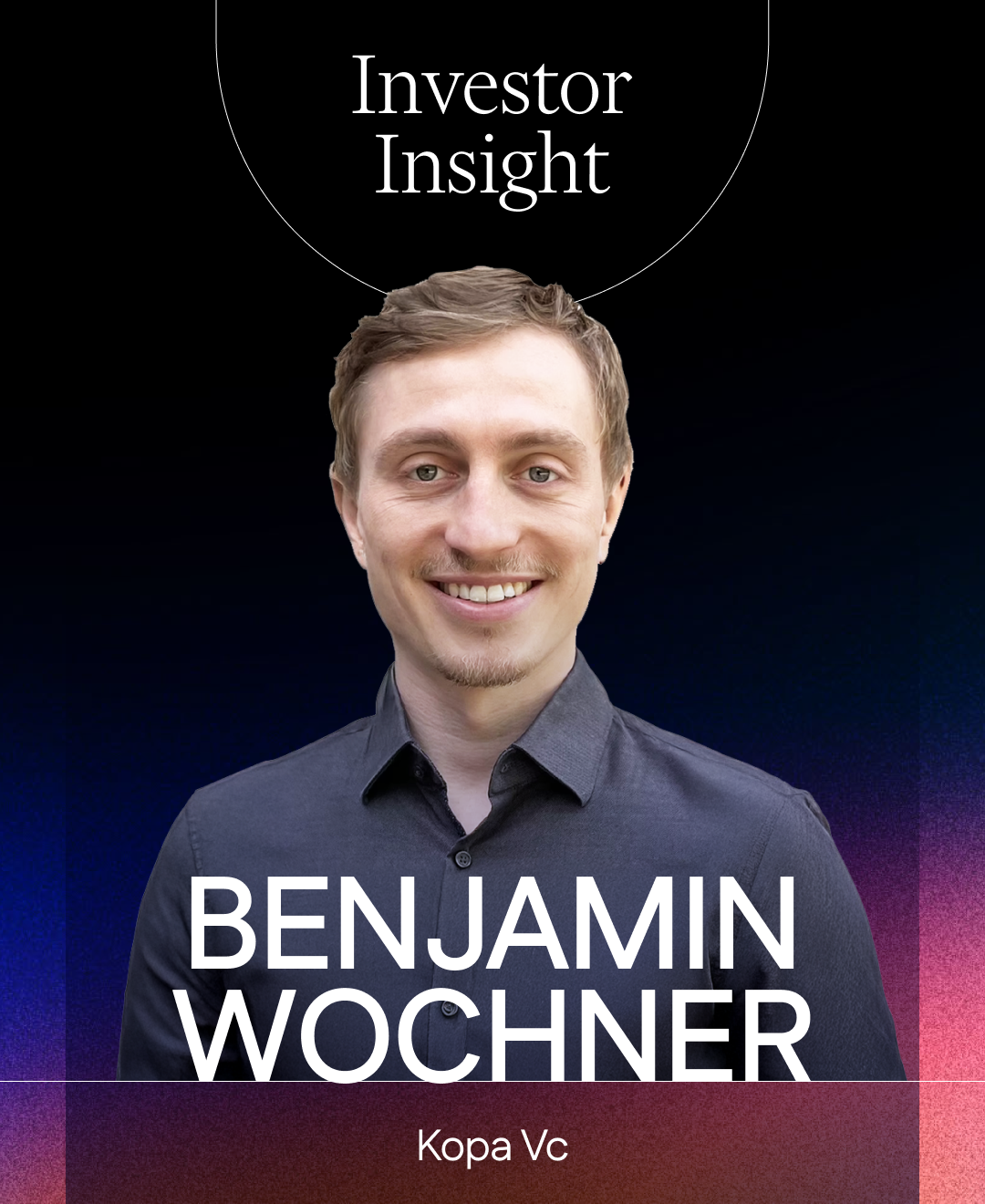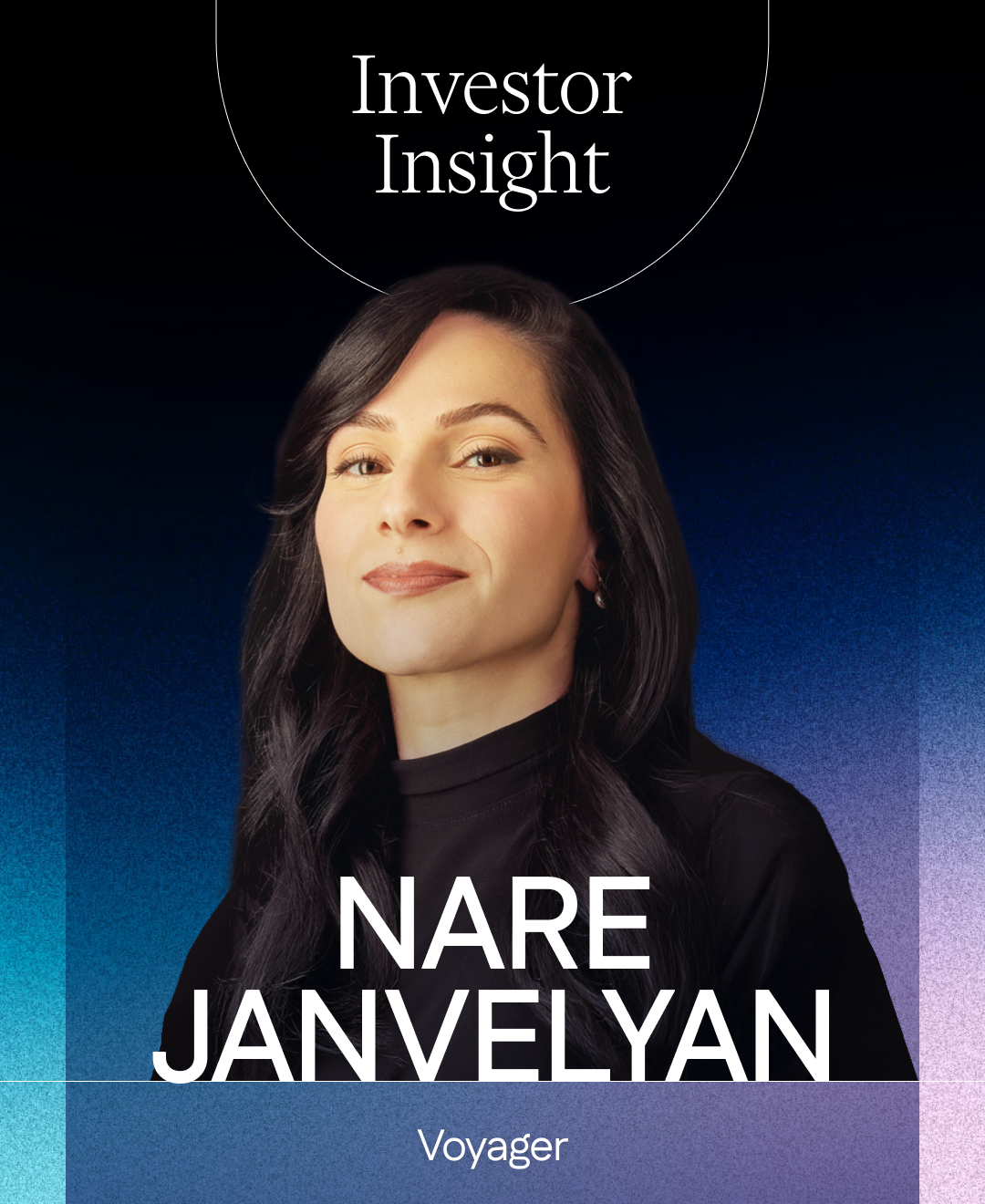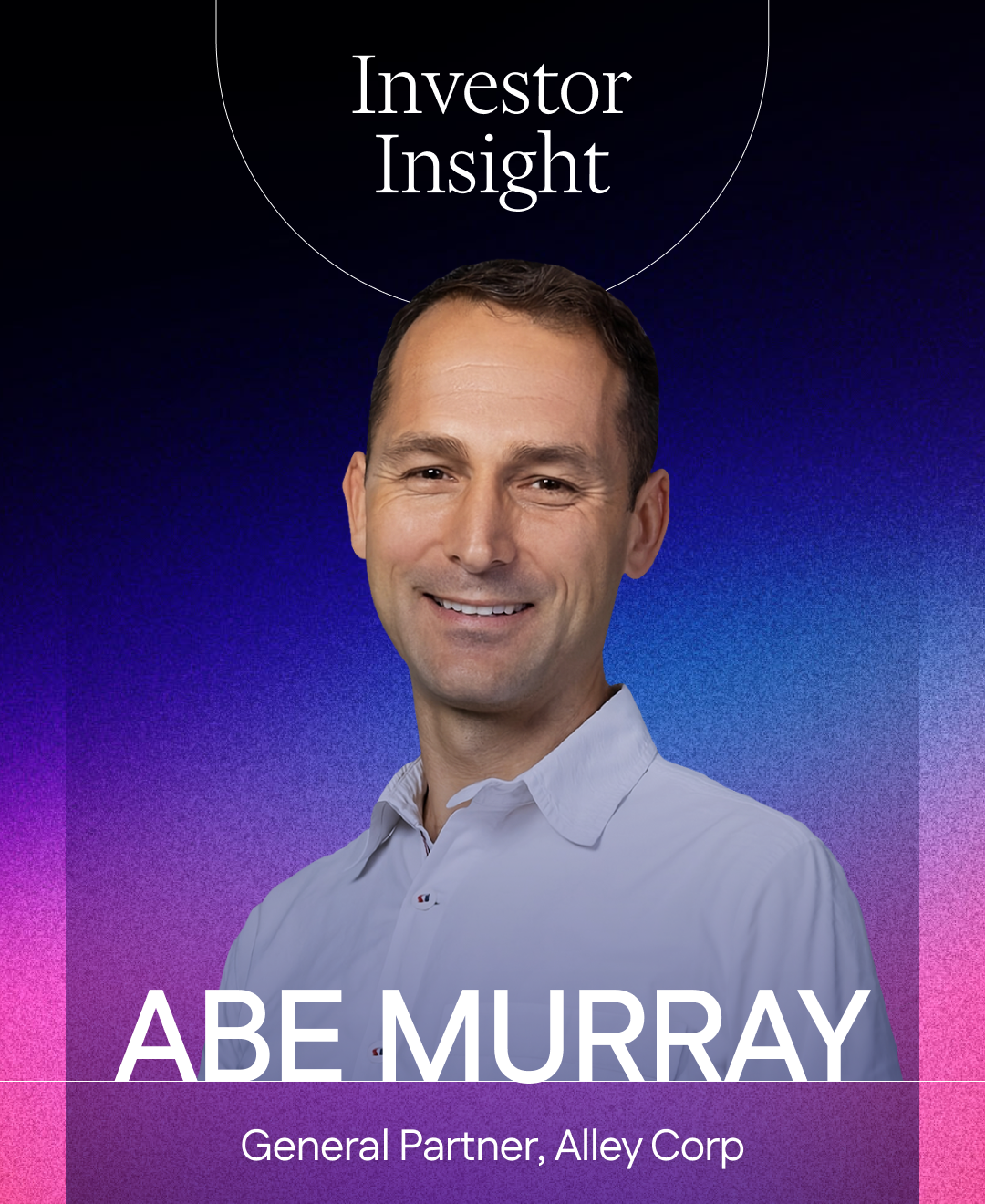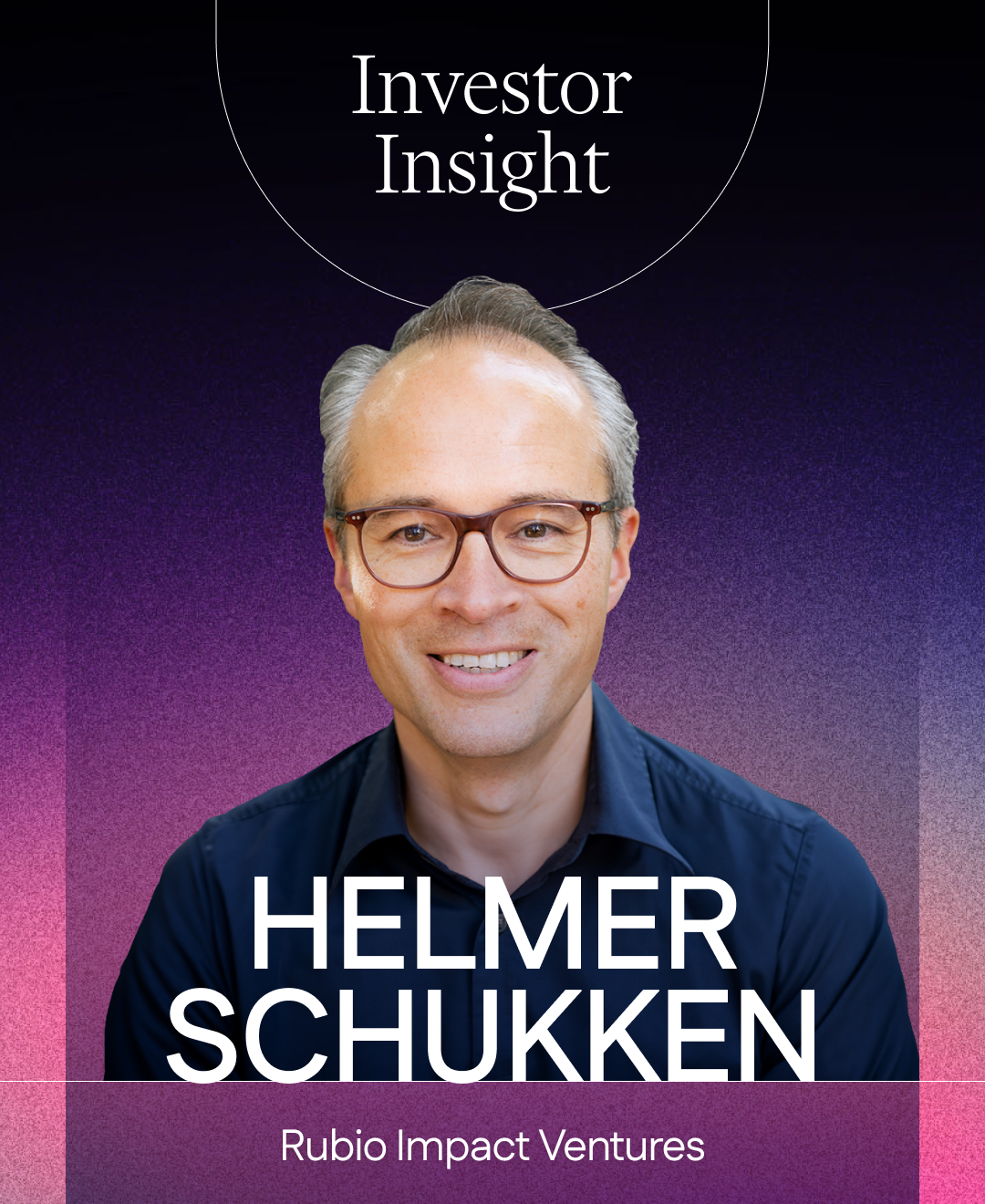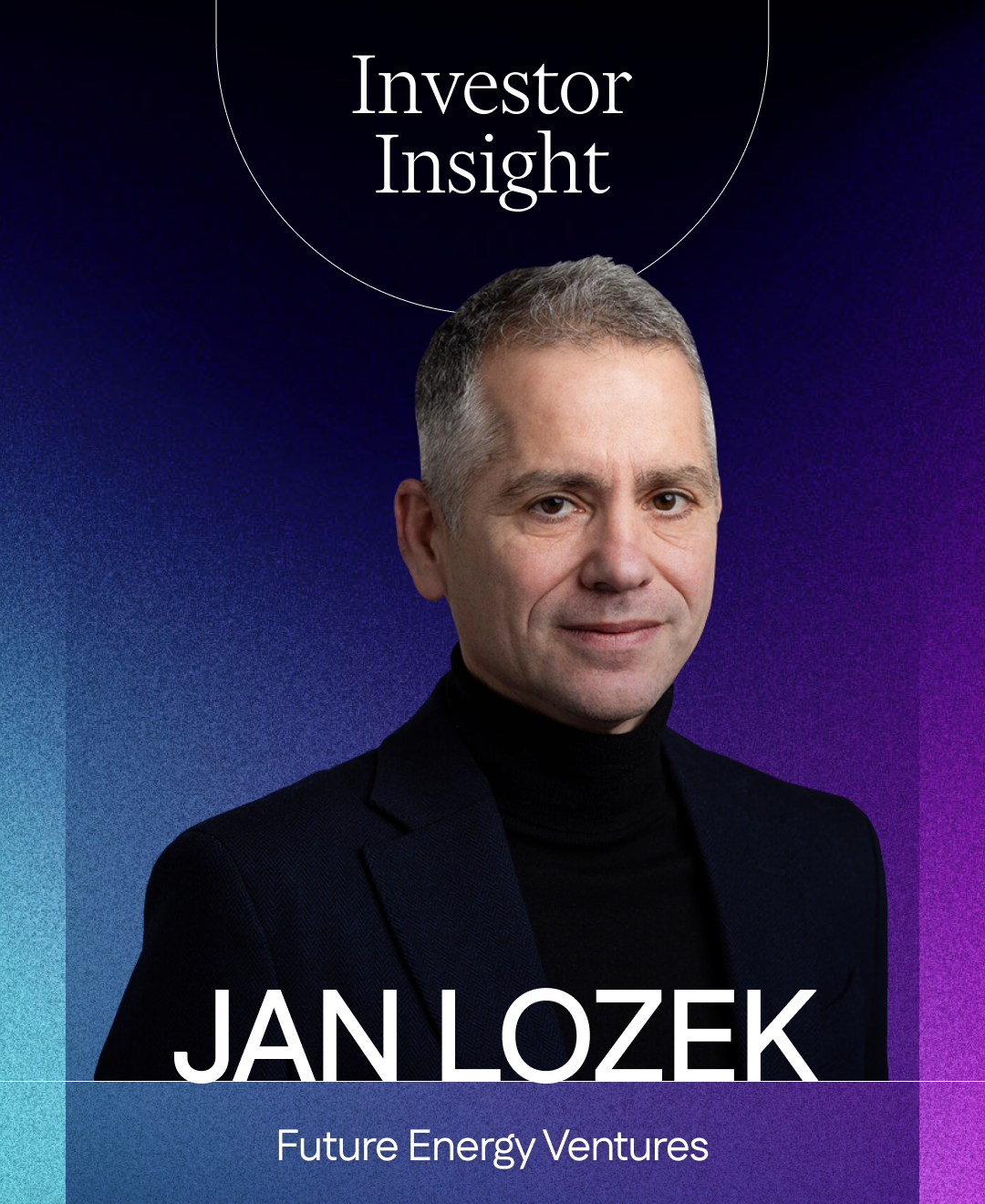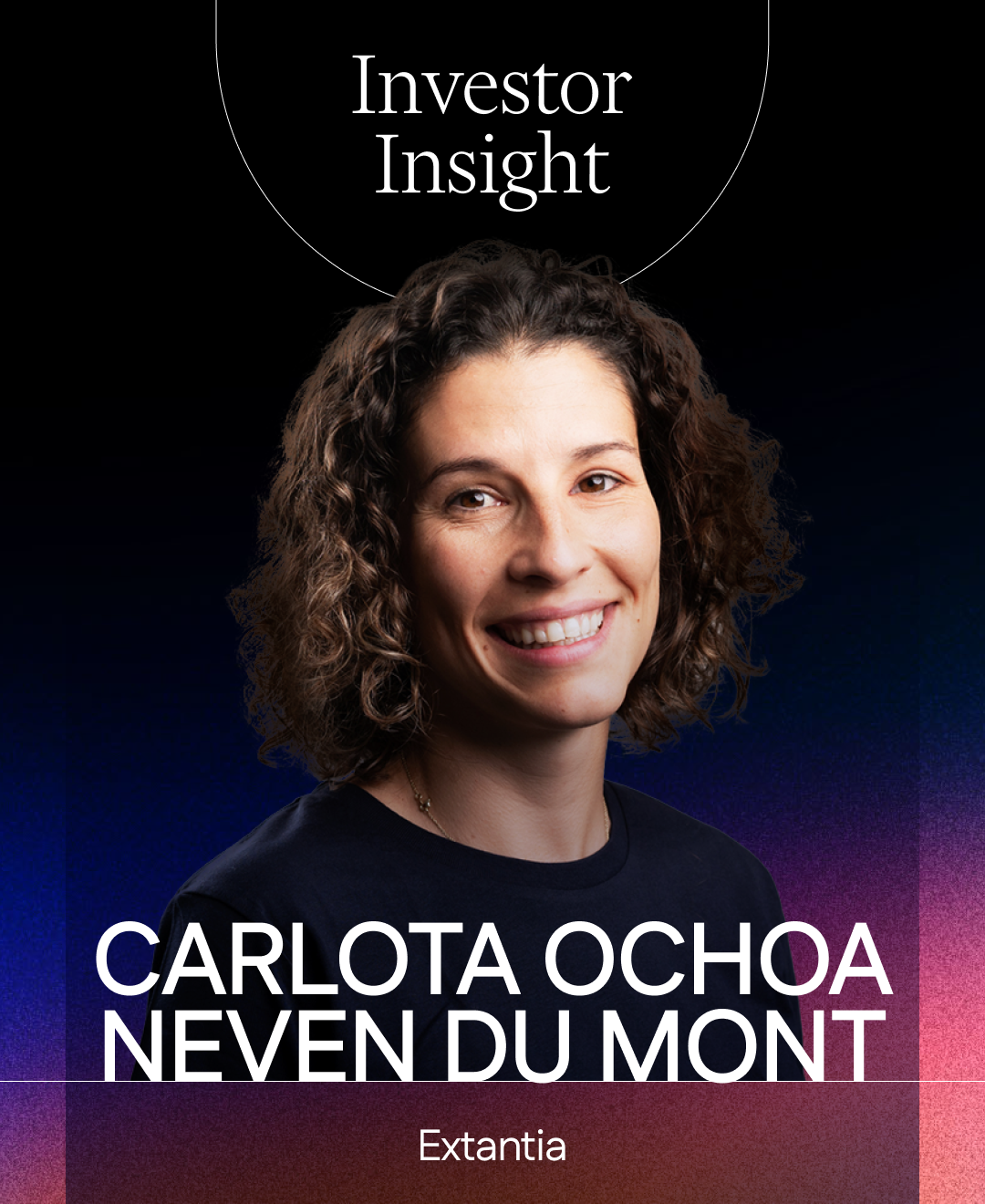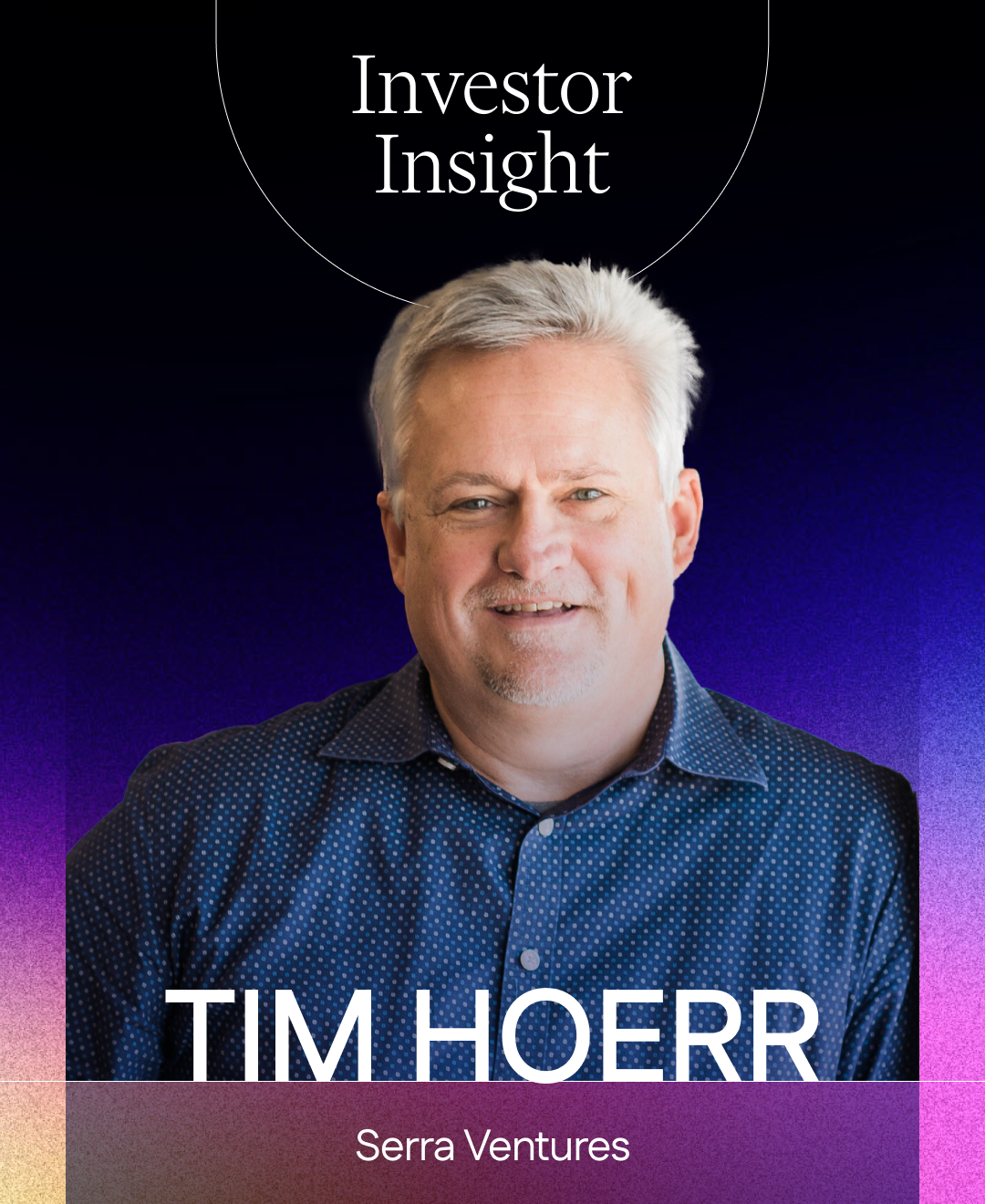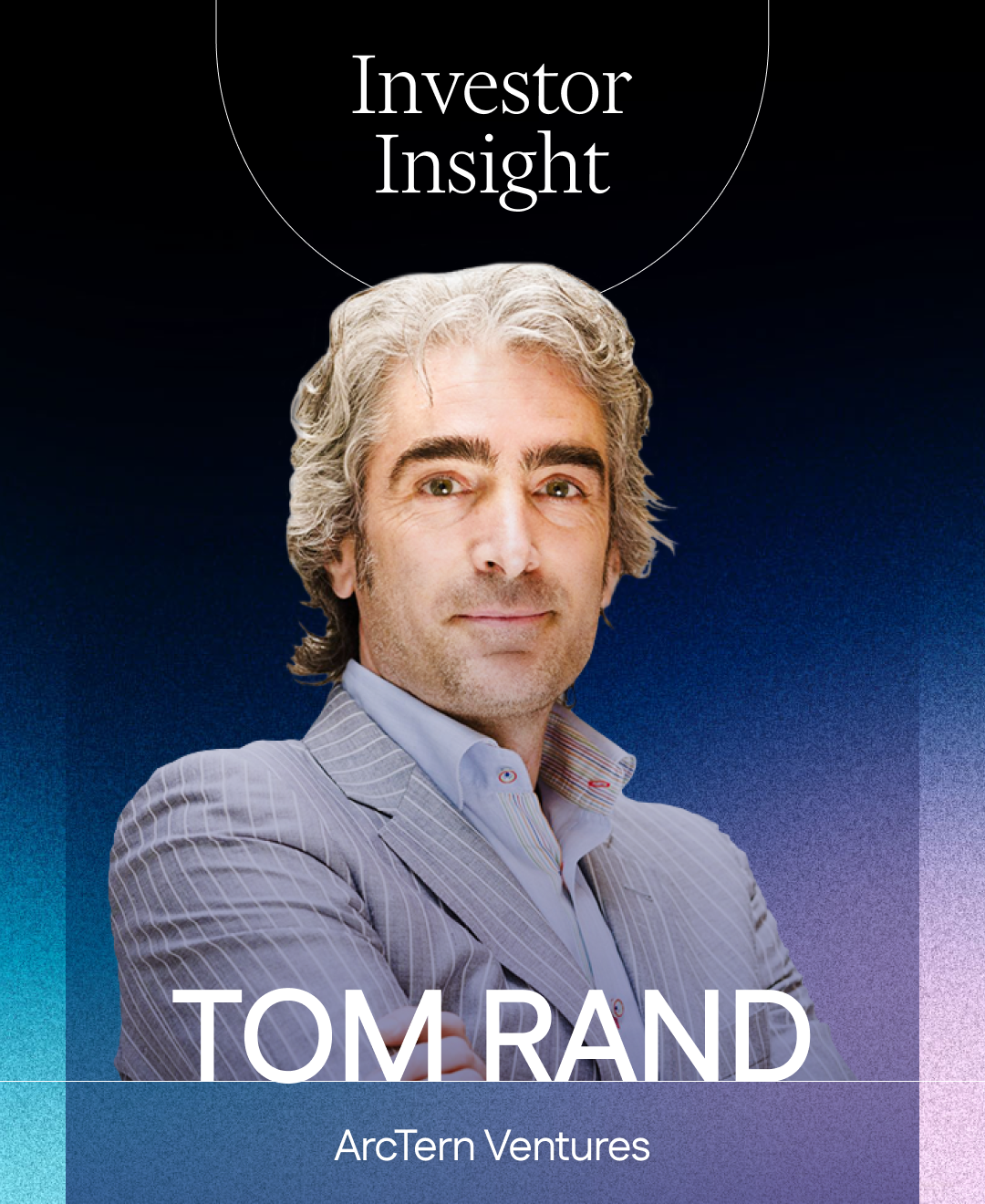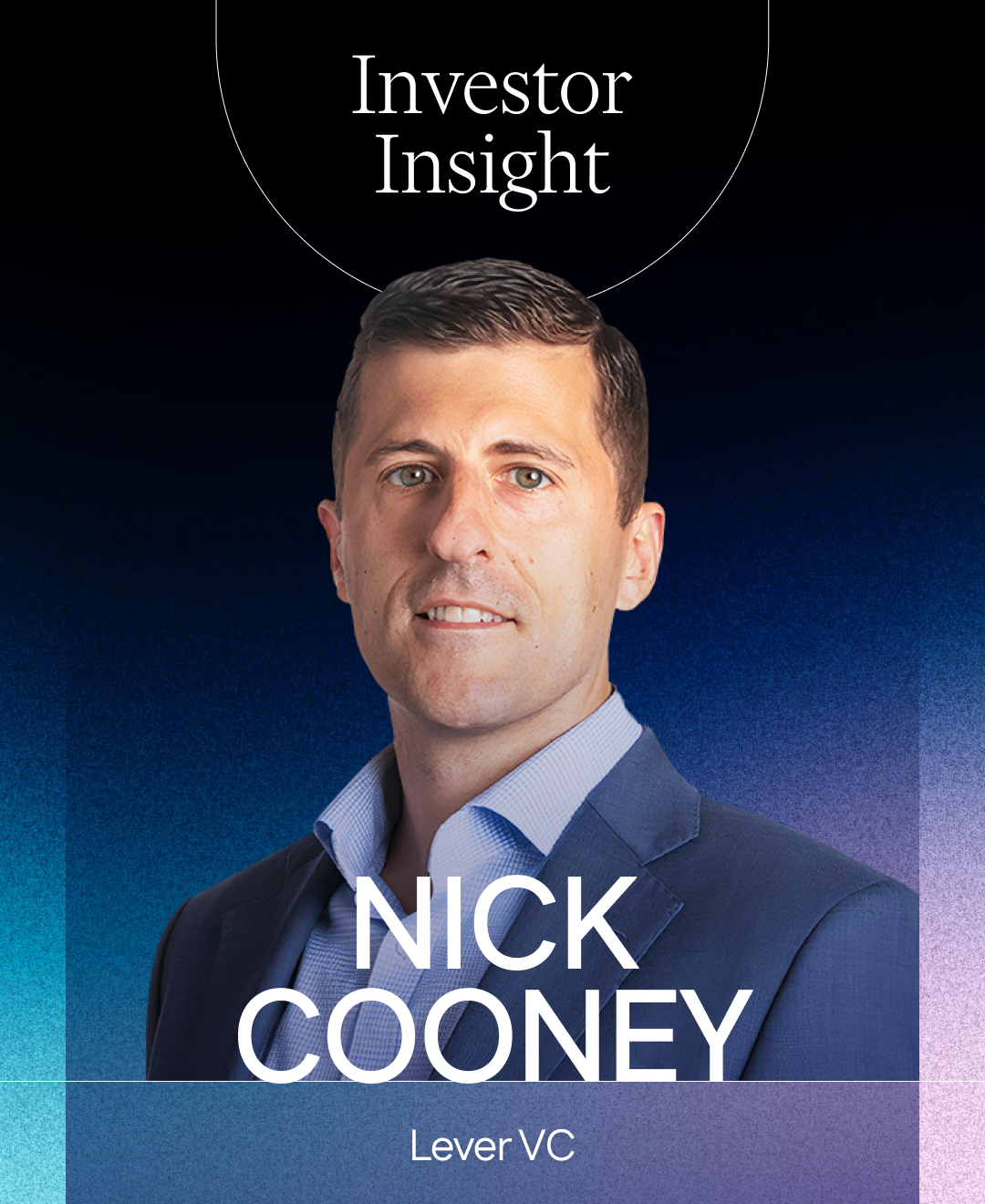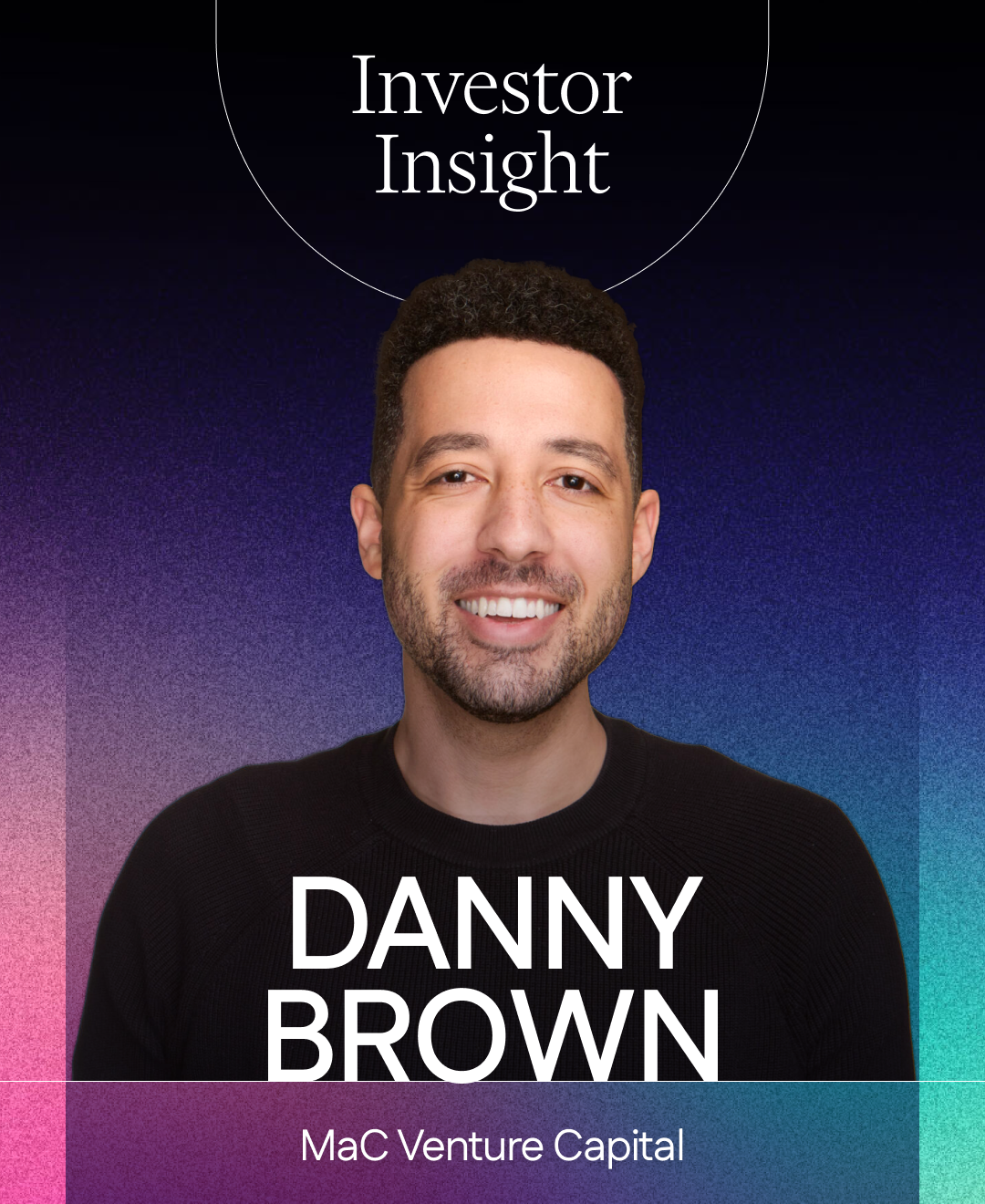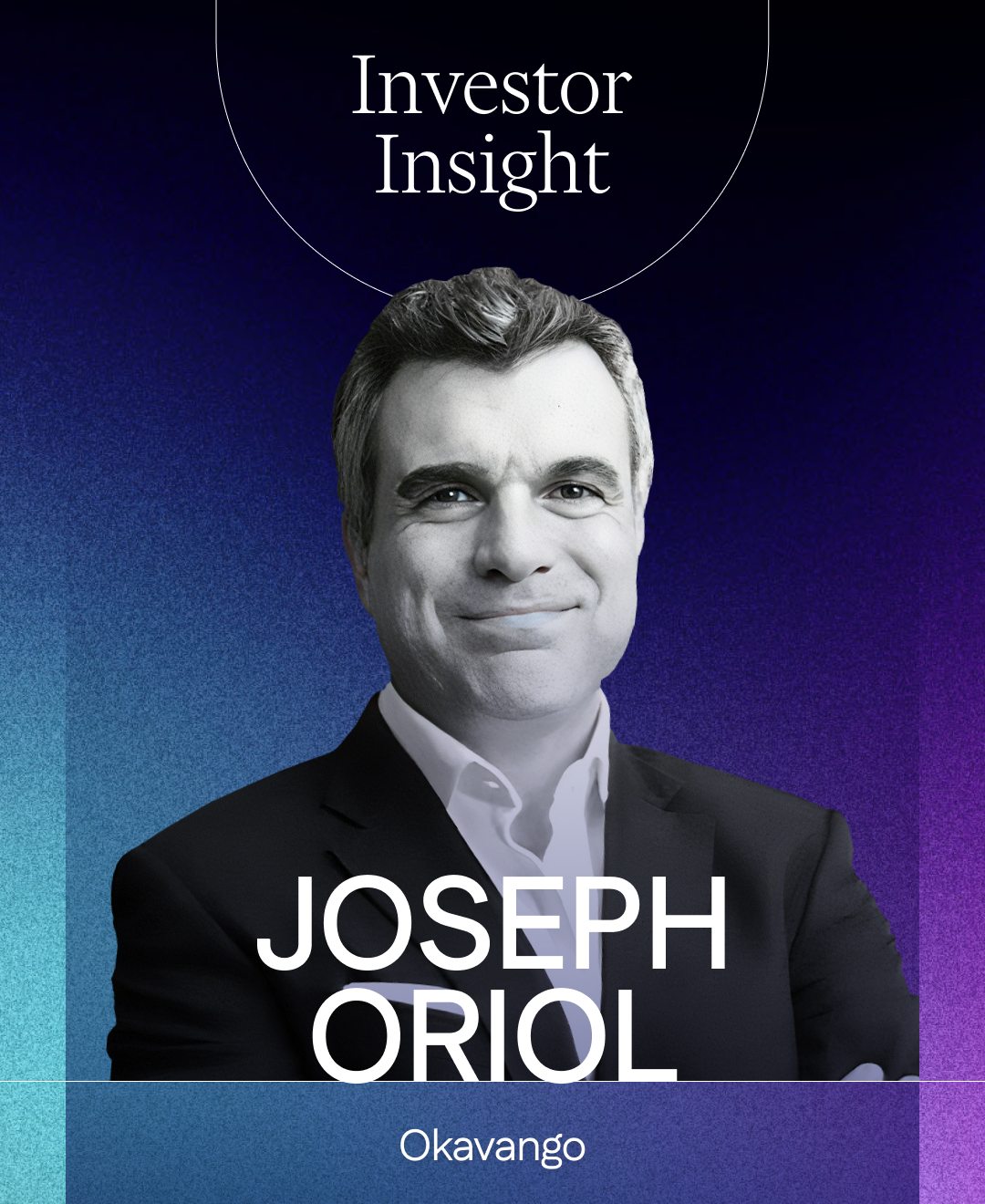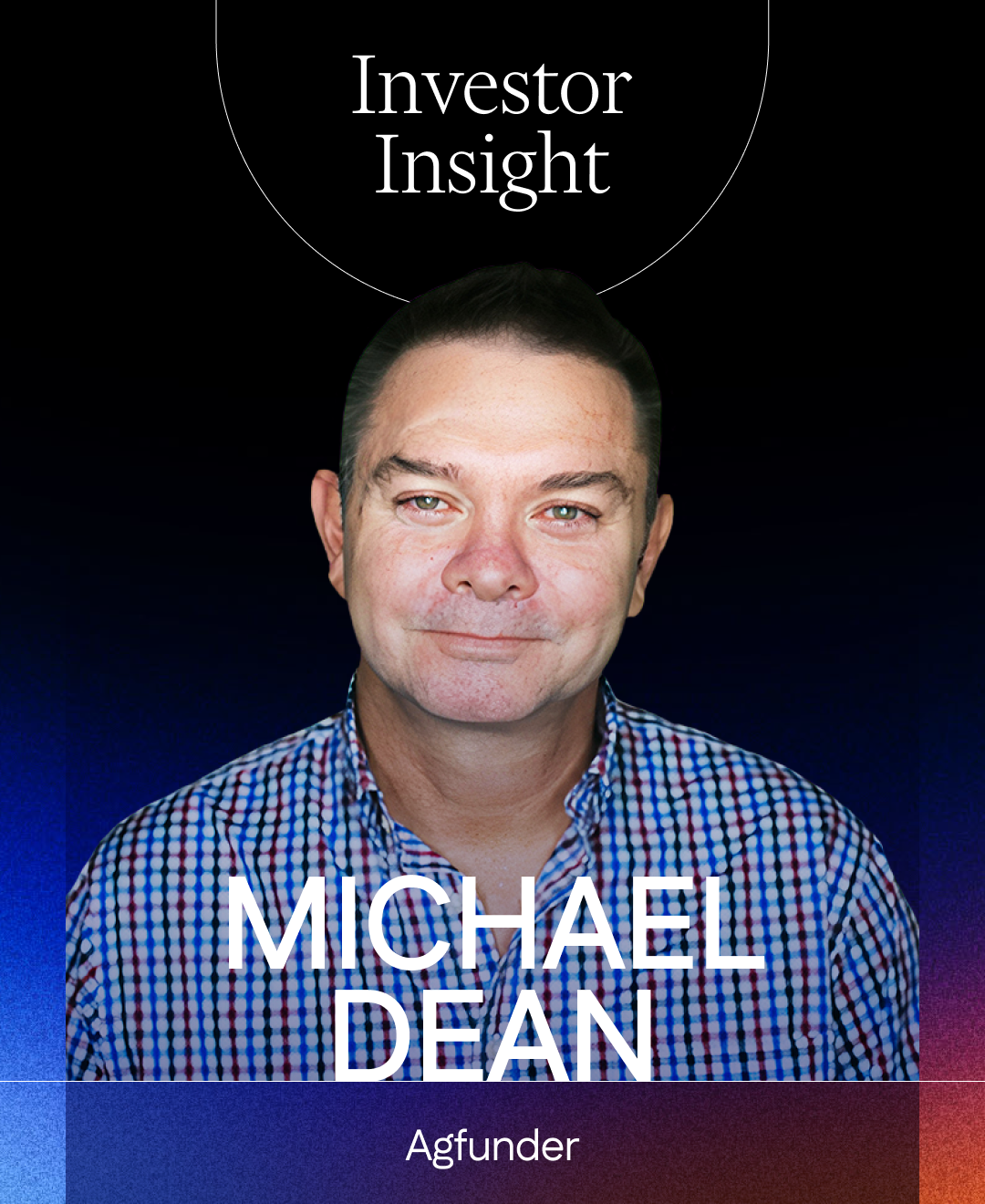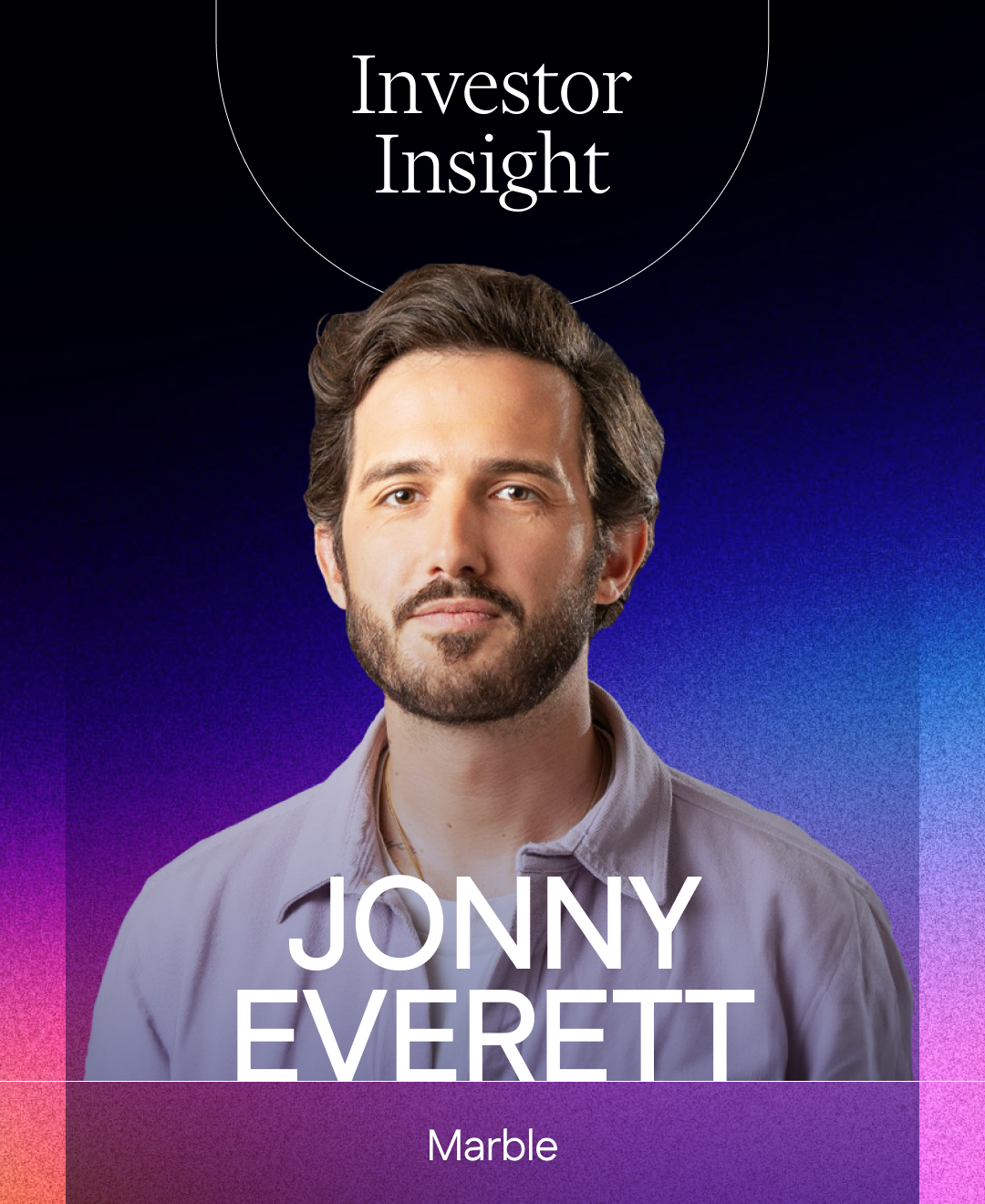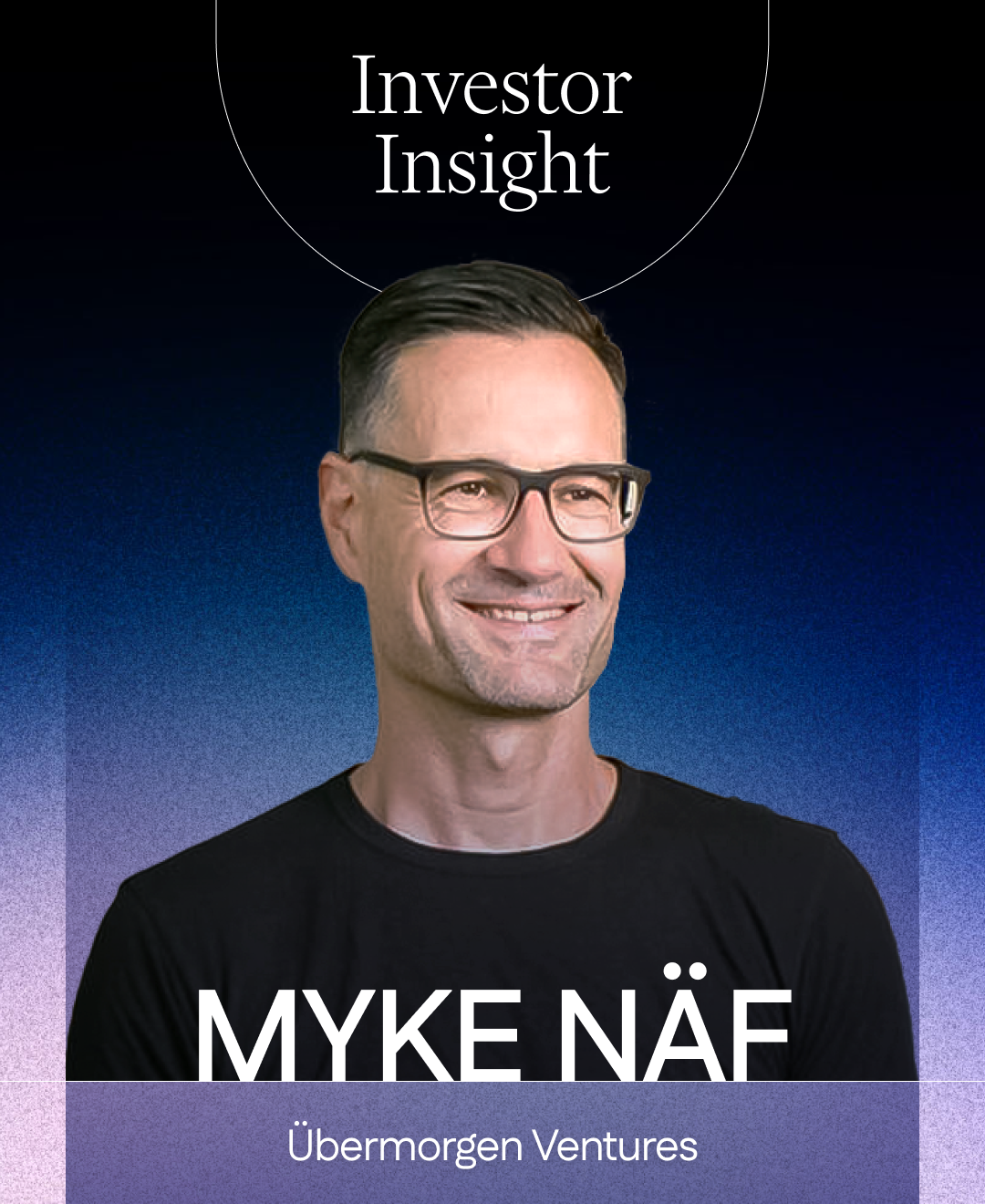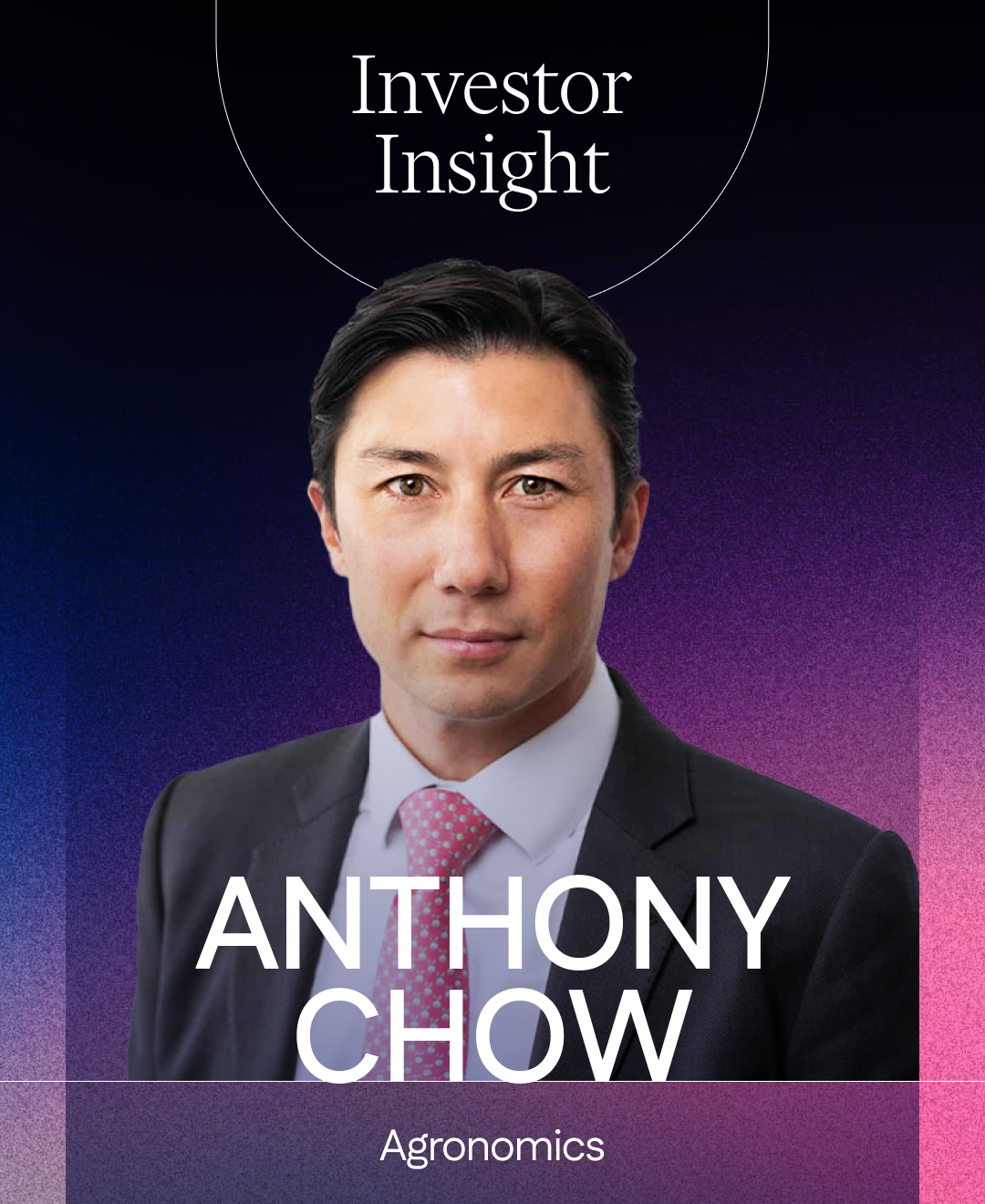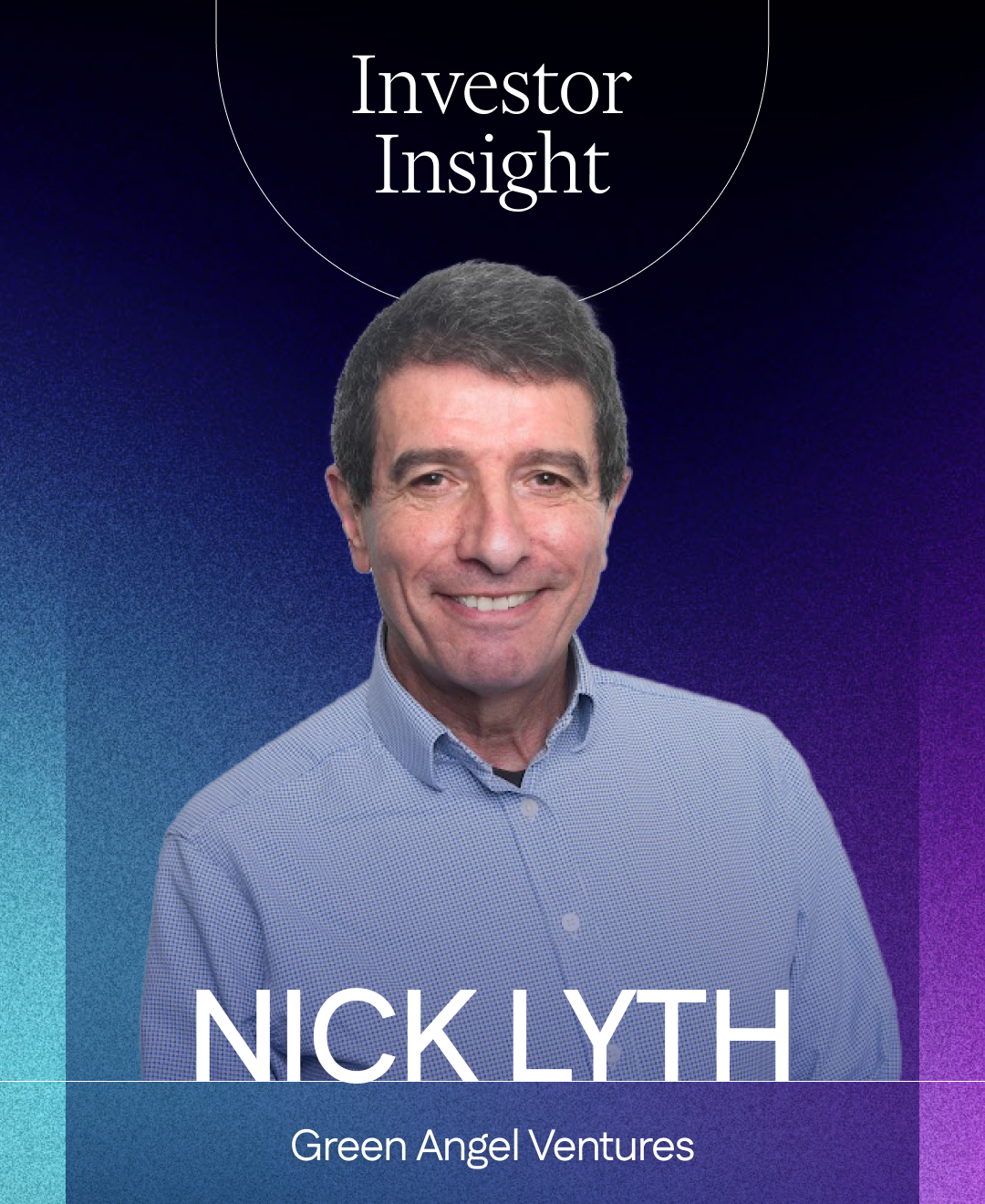.png)
About Alante Capital
Investment Focus:
- Stage you invest: Pre-seed to Series A
- Size of your fund: Actively Fundraising for Fund II (targeting $35M)
- Industry verticals: Fashion, home goods, outdoor gear, sustainable materials
- Geographies you invest in: North America and Europe
- Portfolio companies include: CIRC, Fit Match, Sway
______________________________________________________________________________________________________________________
Introduction
Brighter Future recently had the pleasure of speaking with Tess Krasne, Principal Investor at Alante Capital, an early-stage investment fund focused on transforming the fashion, home goods, and outdoor industries.
Founded in 2018, Alante Capital has established itself as a key player in sustainable investing, with a clear focus on building circular supply chains and improving the environmental impact of consumer goods.

Alante’s focus is not just on sustainability, but on improving business outcomes through better materials, more efficient supply chains, and greater product longevity.
Tess shared valuable insights into Alante’s investment strategy, the types of companies they back, and the challenges and opportunities in driving sustainability within the fashion and consumer goods industries.
Resiliency and Circularity in the Supply Chain
“We look for different technologies that can kind of plug in and intervene across the value chain to change how products are designed and produced,” says Krasne. “So, we're a circular economy fund.”
Being a circular economy fund means the firm focuses on reducing waste and emissions across the entire product lifecycle, from design and production to distribution, to use, and then to the end-of-life.
“The main focus for us has been and continues to be increasing resilience in really complex supply chains,” says Krasne. “Investing in new materials so that companies aren't relying on single materials that can be wiped out if there's a bad crop year or a drought.”

Alante’s investment strategy centers on a variety of industries, including fashion and apparel, home goods, outdoor gear, supply chain resilience, and circularity.
“The fashion, home goods, and outdoor gear industries combined are four trillion dollar mark is a $4 trillion market size, and it's a very big market that is really underinvested in.”
Investment Criteria: What Alante Looks For
At Alante Capital, investment decisions center around backing mission-driven teams building deep tech solutions that tackle systemic challenges at the root. The firm prioritizes innovations grounded in science that create meaningful, long-term impact on human and planetary health.
“We look for different technologies that can kind of plug in and intervene across the value chain to change how products are designed and produced, the raw materials that go into them,” says Krasne. “How the products are distributed, sold, used, and perhaps reused, rented, repaired, refurbished, and then eventually how to keep those products in the value stream rather than going to landfills”
Alante Capital seeks technologies that move the needle without unintended harm. While they invest in cutting-edge startups, they also recognize the critical role of regulatory change, supporting companies that either align with or help shape policy to accelerate environmental progress. At the core, Alante Capital is focused on scalable, evidence-based solutions — and founders bold enough to build them.
Alante evaluates potential investments based on a clear set of criteria:
How Alante Capital Evaluates Startups
For Alante, the full evaluation process for startups begins with an initial screening, where they review the pitch deck and business model to assess the strategic fit. After the first round of conversations, the investment firm dives deeper and starts looking at the company’s potential to scale and grow in the market.

“Most of the companies that we look at are either selling to brands or manufacturers,” says Krasne. “We do a lot of understanding what interest levels are with those buyers, what concerns that are there, and that really helps us kind of narrow in on the potential.”
After gaining an understanding of the potential and the market, Alante then evaluates the startup with an investment committee and makes a final decision.
To make it this far, Tess has shared the kind of company and team they are looking for to back with investment.
“As early-stage investors, we really look for that unique understanding of the market and a potential solution,” says Krasne. “The solution doesn't need to be 100% ready, but there should be some level of an MVP (Market Value Potential) and a direction in terms of where they're going.”
Driving Change Through Investment
Alante’s portfolio is full of standout companies redefining sustainability and the supply chain process. Tess shares that Alante focuses a lot of effort on these companies and offers a lot of help for the founders who are in their portfolio.
“The one thing that Alante provides to founders, which is extremely helpful, is just being so embedded in the industry, and having a wide community of connections that we can pair our companies with,” says Krasne. “We work really hard for our founders to make sure that we can find them the right customers and ensure they have good investors that have their best interests in mind.”

Their portfolio companies are driving sustainability and innovation across various sectors, including companies like CIRC, which has developed a groundbreaking process to separate polyester and cotton blends, a significant step in textile recycling. Fit Match, another portfolio company, helps brands reduce waste and increase profitability by improving sizing accuracy and customer experience. Another, Sway, produces biodegradable, home-compostable plastic films from seaweed, offering a sustainable alternative to single-use plastic packaging.
Alante’s goal is to build a resilient and sustainable value chain that delivers both environmental and business value. Through partnerships like these, Alante is helping these companies redefine industry standards and scale solutions to reduce waste and environmental impact.
The Role of Communication
“Having what the company does in a few very clear sentences is the most important thing you can do when you're reaching out cold to a fund,” says Krasne. She emphasizes that a strong brand and clear communication are critical for both raising capital and driving customer traction.
She also emphasized the importance of understanding how to communicate your work in a way that makes you a credible investment.
“I do think that clear communication and understanding of the problem and explaining the problem well and how you're addressing it well, is very important,” says Krasne. “But having a strong founder story isn’t as critical for us as other industries that are more consumer-focused or brand-focused.”
One Thing People Don’t Realize About VCs
“Folks don't often think about the fact that VCs are also beholden to their investors, their limited partners,” says Krasne. “There are many different levels. While startups are pitching LPs (Limited Partners), then the LPs might be pitching their investors. So there are many more layers to the investment world than people might realize.”
Tess’s advice offers a good perspective on the pitching process and provides a reminder to startups and founders that VCs are investing in companies as a partnership. VCs aren’t there as an adversary or power player looking to see you fail, they are collaborators who also want to see your startup succeed because they are looking to find companies they can help and work together with.
Advice for Founders in a Tough Market
“When you're dealing with innovation, there's going to be mistakes. There's going to be missteps,” says Krasne. “Learn from the mistakes. We generally go for folks who are learning from the missteps.”
Tess also shares that it's better to start fundraising before you think you should, because funding rounds have recently been taking a longer time to close. She also shares that there are always going to be economic factors that are either benefiting or hindering your work, so they look for companies that can be successful in both times.
.jpg)
“Relying too heavily on any kind of economic environment or anything like that is tough,” says Krasne. “Focus on your product. If you make a product that's valuable to your customers, it will win out in either economic environment.”
Tess also shares that founders should think about what consumers need and how their company can address those needs. She shares that a lot of individuals get excited about the technology without thinking about the customers.
“Truly, the best companies are the ones that people need,” she says.” So I think really solving pain points is critical.”
Final Thoughts
From all of us at Brighter Future, we extend our gratitude to Tess Krasne for her insights and time. We wish her and the Alante Capital team continued success in helping founders build the next generation of sustainable solutions.
To learn more about Alante Capital, visit www.alantecapital.com.
Let’s Start Building Your Story
Book a call or email us at mission@brighterfuture.studio to begin crafting your inside-out narrative.


